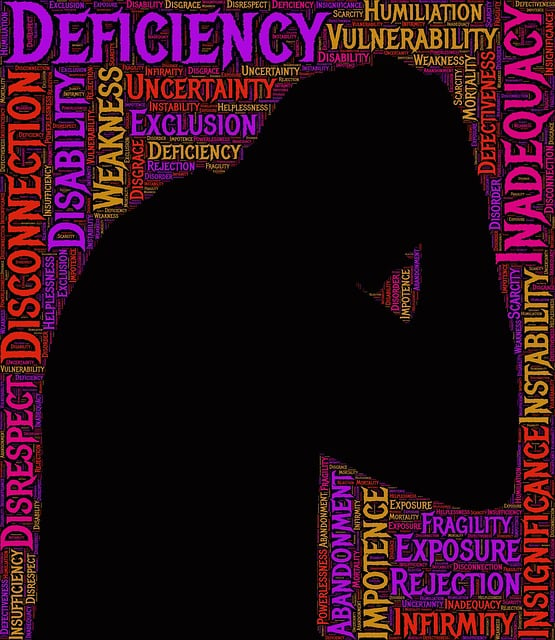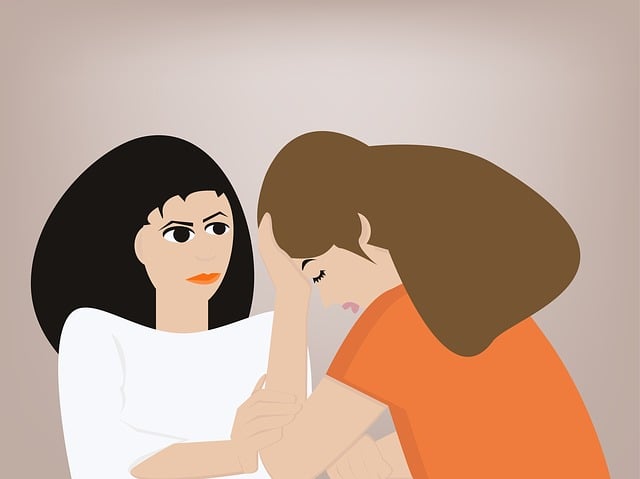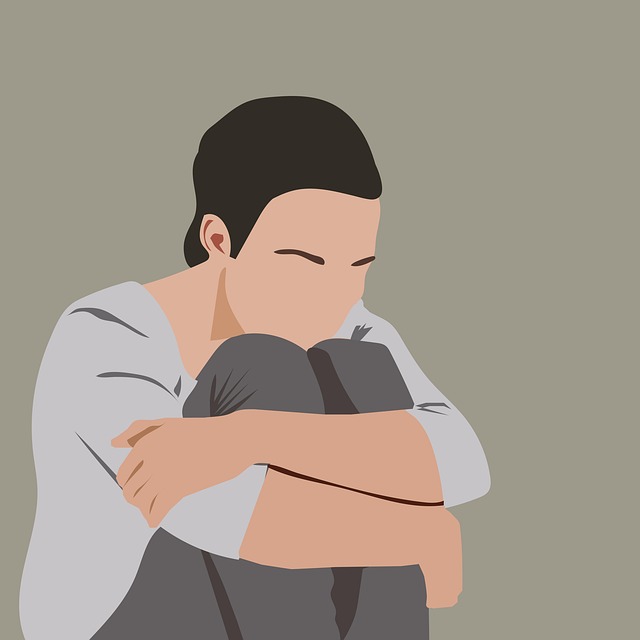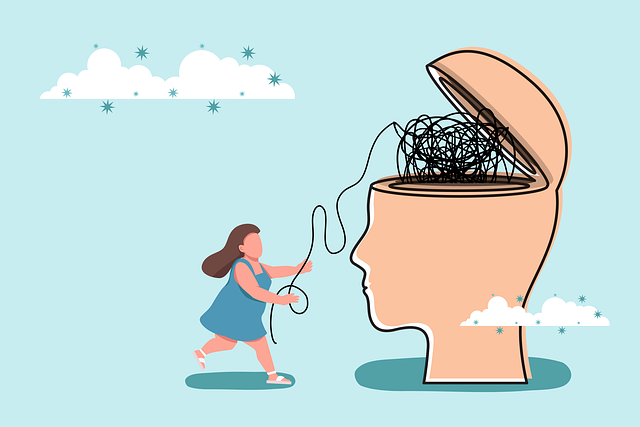Aurora Christian Counseling Therapy (ACCT) offers culturally sensitive mental healthcare, recognizing the unique cultural backgrounds and perspectives of each client as essential for effective treatment. Their approach focuses on creating safe, supportive environments through understanding cultural nuances, fostering trust, and open communication. ACCT goes beyond symptom management by addressing root causes of mental health issues and advocating for equitable mental health policies to ensure culturally competent care for all. They emphasize the importance of cross-cultural competency training, adapting practices, and incorporating cultural references to facilitate emotional healing aligned with clients' identities.
In the diverse landscape of mental healthcare, cultural sensitivity is a vital tool for fostering inclusive and effective treatment. This article explores the significance of understanding cultural nuances in therapeutic settings, highlighting the challenges faced by practitioners. We delve into specific strategies employed by institutions like Aurora Christian Counseling Therapy to navigate these complexities, emphasizing their journey towards inclusivity. By addressing cultural sensitivity, we aim to revolutionize mental healthcare practices, ensuring tailored support for a wide range of clients.
- Understanding Cultural Sensitivity: Why It Matters in Mental Healthcare
- Challenges and Barriers to Providing Culturally Sensitive Therapy
- Strategies for Implementing Aurora Christian Counseling Therapy: A Journey Towards Inclusivity
Understanding Cultural Sensitivity: Why It Matters in Mental Healthcare

In the diverse tapestry of modern society, cultural sensitivity is an indispensable aspect of mental healthcare practice. At Aurora Christian Counseling Therapy, we recognize that every client enters therapy with a unique cultural background and perspective, which can significantly shape their experiences with mental health issues. Understanding and respecting these cultural nuances is not just a moral imperative; it’s a critical component for delivering effective and compassionate care.
Cultural sensitivity allows therapists to create a safe and supportive environment where clients feel understood and validated. This, in turn, enhances the therapeutic alliance, encouraging open communication and fostering trust. By integrating this approach, Aurora Christian Counseling Therapy strives to go beyond the symptoms and delve into the root causes of mental health challenges, whether it’s depression prevention or cultivating positive thinking. Moreover, it plays a vital role in advocating for equitable mental health policies, ensuring that all individuals, regardless of their cultural background, have access to culturally competent care as part of a broader Mental Health Policy Analysis and Advocacy effort.
Challenges and Barriers to Providing Culturally Sensitive Therapy

Providing culturally sensitive therapy is a complex task that involves navigating diverse cultural backgrounds and beliefs. One significant challenge in Aurora Christian Counseling Therapy is understanding and respecting the unique values, traditions, and perspectives of each client. Mental health professionals must be adept at recognizing and addressing potential barriers that may hinder effective treatment. These include language differences, different conceptions of mental illness, and varying levels of comfort with open discussion of personal matters.
Cultural sensitivity requires therapists to adapt their practices, ensuring inclusive environments that foster trust and engagement. For instance, incorporating clients’ cultural references into therapy sessions, respecting family dynamics, and considering community support systems can significantly enhance the therapeutic process. Additionally, training in cross-cultural competency is vital for professionals to learn stress reduction methods and resilience-building techniques tailored to diverse populations. Through these approaches, Aurora Christian Counseling Therapy aims to facilitate emotional healing processes that resonate with clients’ cultural identities.
Strategies for Implementing Aurora Christian Counseling Therapy: A Journey Towards Inclusivity

Implementing cultural sensitivity in mental healthcare requires a strategic approach, especially within specialized settings like Aurora Christian Counseling Therapy. The journey towards inclusivity involves several key steps. Firstly, education and training are paramount. Therapists should engage in continuous learning about diverse cultural backgrounds, traditions, and beliefs to avoid unconscious biases. This knowledge equips them to create safe, non-judgmental spaces for clients from various communities.
Additionally, establishing clear guidelines and policies is essential. Aurora Christian Counseling Therapy can develop specific protocols for handling cultural considerations during intake, therapy sessions, and crisis intervention guidance. These might include translation services for non-English speakers, incorporating cultural rituals or practices into therapy where appropriate, and ensuring accessibility for individuals with diverse abilities. Providing Trauma Support Services tailored to different cultural contexts can significantly enhance client outcomes, offering much-needed Anxiety Relief and fostering a sense of belonging.
In conclusion, cultural sensitivity is an indispensable aspect of mental healthcare, as it fosters inclusive and effective treatment. The article has explored the significance of understanding diverse cultural contexts, addressing challenges, and implementing strategies like those demonstrated by Aurora Christian Counseling Therapy. By embracing cultural sensitivity, mental health professionals can create a supportive environment that respects individual differences, ultimately enhancing therapeutic outcomes.













